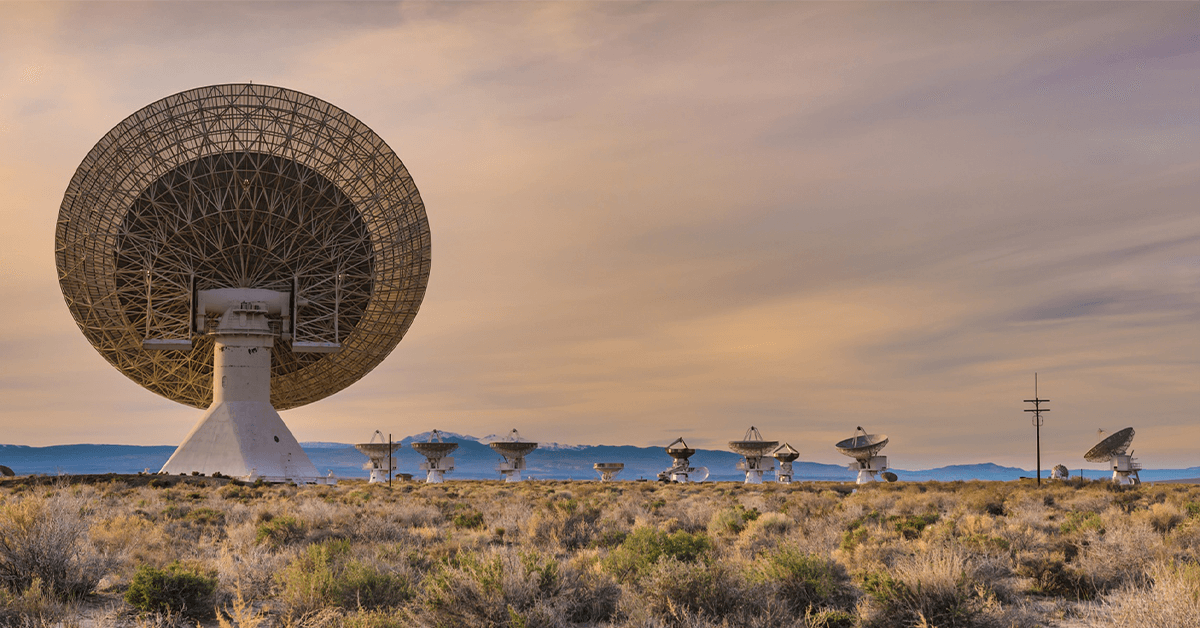The Federal Communications Commission has decided to review the rules on spectrum sharing between different types of satellite systems.
The FCC said the Notice of Proposed Rulemaking issued Monday aims to re-evaluate and modernize the decades-old spectrum sharing regime to allow for more intensive and efficient use of spectrum for space-based activities within the United States.
FCC Attempts to Advance Space Innovation
The review of the spectrum sharing rules seeks to enable advancements in space innovation while accelerating progress on spectrum crucial to national security and economic interests. The FCC aims to update spectrum sharing for satellite broadband and revise the current rules to achieve more efficient spectrum sharing between geostationary orbit, or GSO, and non-GSO satellite systems. The commission will examine power restrictions in the Ku- and Ka-bands supporting satellite broadband constellations in low Earth orbit.
Modern satellite systems deliver high-speed, low-latency broadband connectivity to consumers and businesses across the country, while also providing vital communications in rural locations and during emergencies. Despite bridging the digital divide, these satellites are limited by existing power restrictions and unable to fully provide enhanced coverage, capacity and signal quality.
Brendan Carr, chairman of the FCC, said in a statement that modern LEO satellite systems are governed by rules adopted over 30 years ago.
“The power limits developed in the 1990s hamper satellite broadband by degrading signal quality, reducing coverage, limiting capacity and making it harder to share spectrum with other satellite systems,” said Carr. “Back then, high-speed satellite broadband was considered the stuff of science fiction and the ability to share between satellite systems was primitive. Fast forward to today and breakthrough advances enable efficient spectrum use and sharing, making satellite broadband a real competitive option,” he continued.





